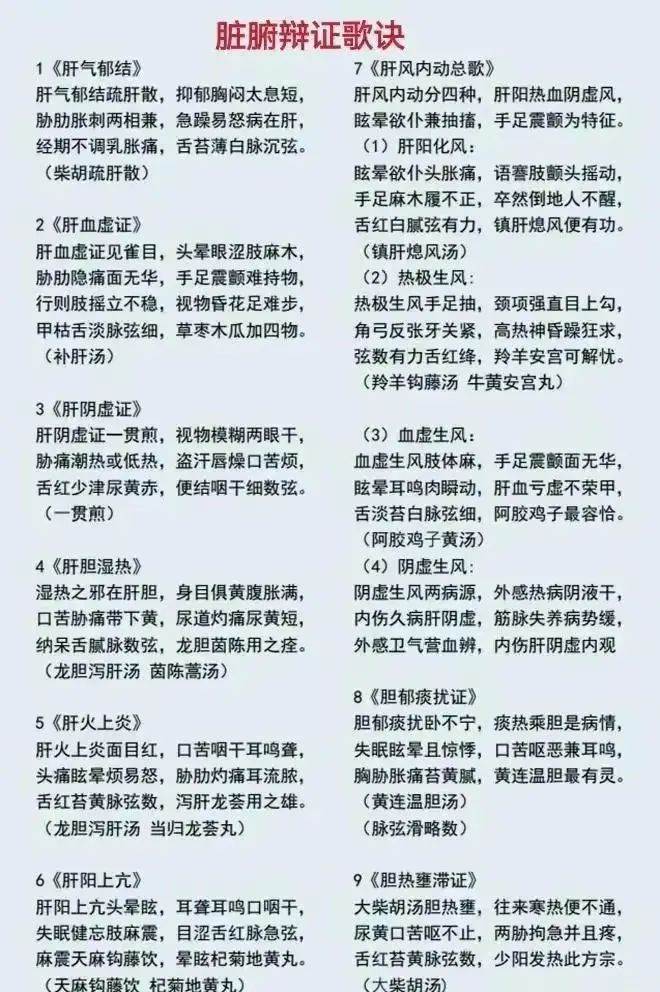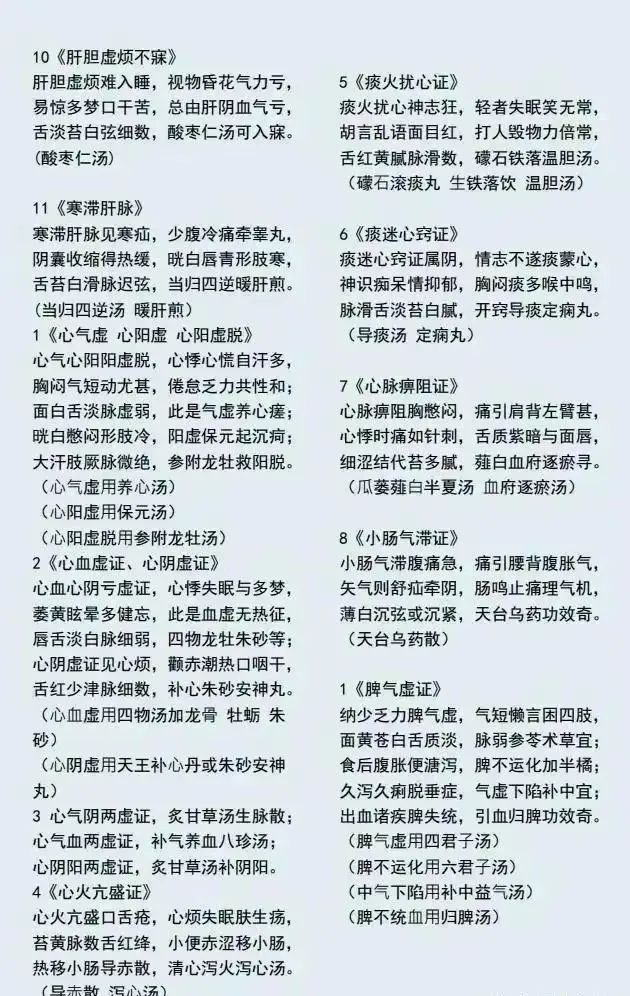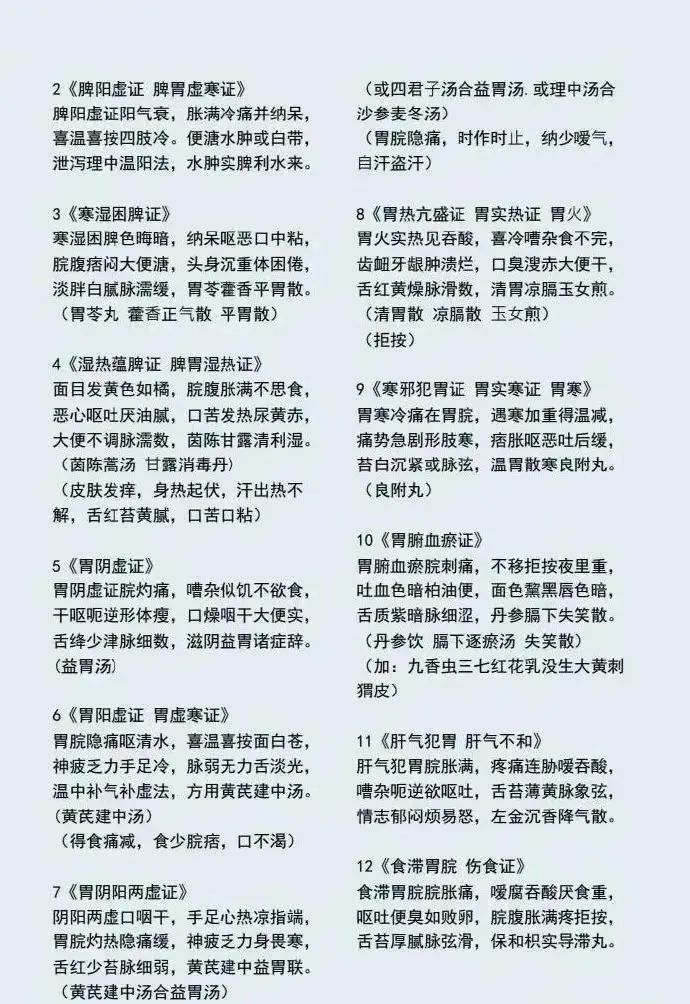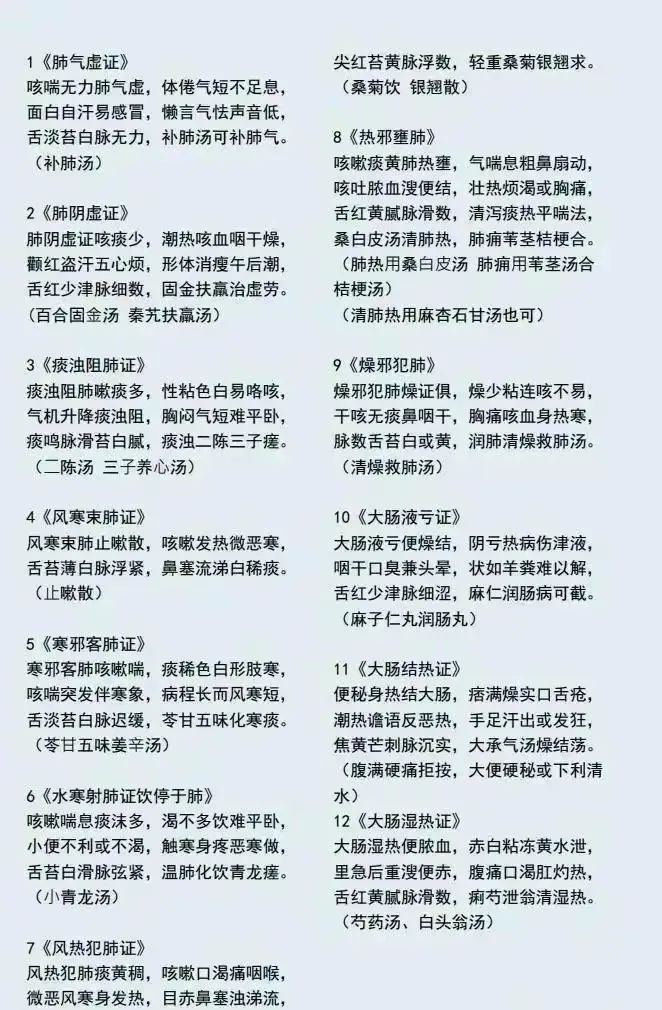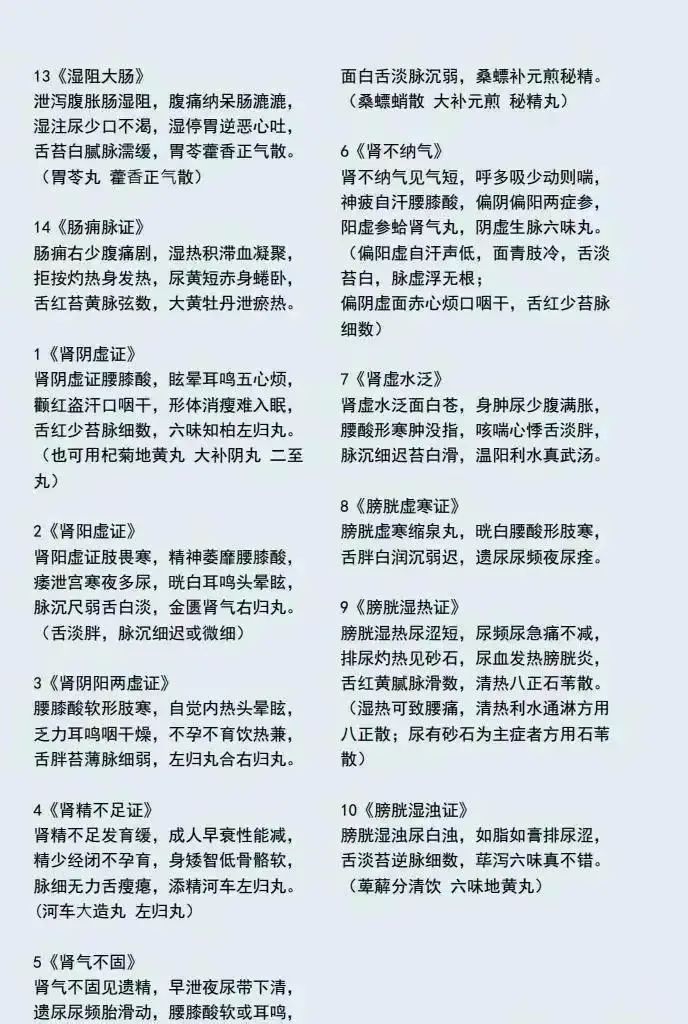First, it is important to understand how diseases arise:
Traditional Chinese Medicine (TCM) believes that the occurrence and changes of diseases are complex. In general, insufficient Zheng Qi (正气, vital energy) is the fundamental cause of disease, while pathogenic factors (邪气, xie qi) are the conditions for disease onset. When pathogenic factors invade the body, Zheng Qi rises to resist the pathogens; if Zheng Qi prevails, disease does not occur, but if the pathogens prevail, disease will manifest.
Additionally, diseases are related to the living and working environment, climate changes, geographical characteristics, etc. Moreover, a person’s constitution and mental state determine the strength of Zheng Qi and are closely related to diseases.
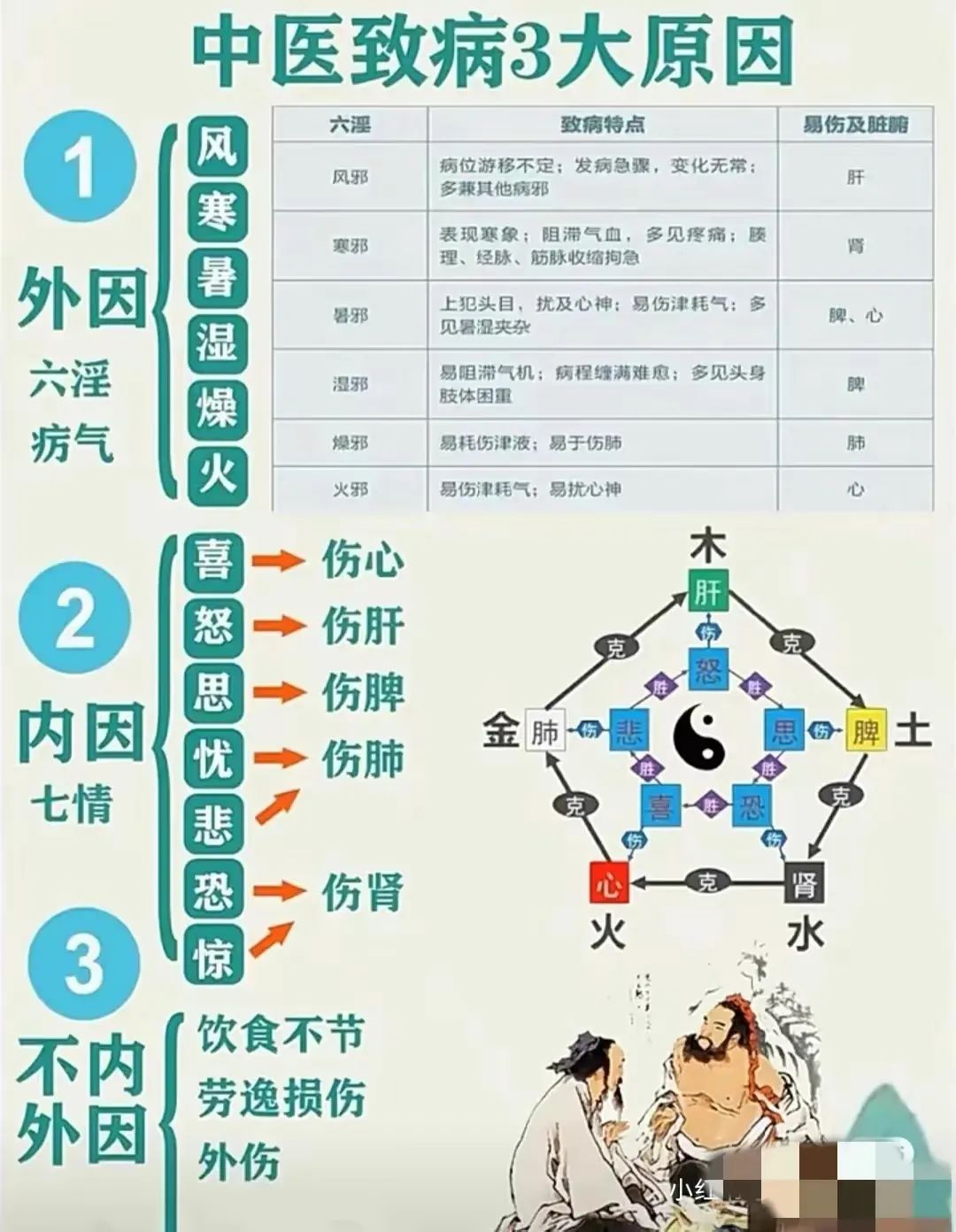
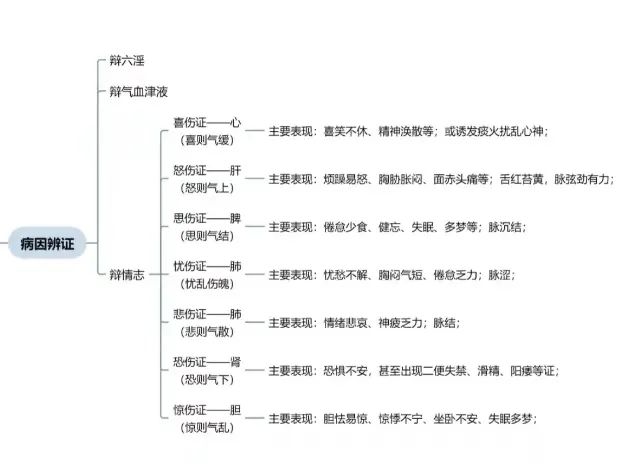
Eight Principles Differentiation:
Concept
Eight Principles: namely Exterior, Interior, Cold, Heat, Deficiency, Excess, Yin, Yang, which are the eight categories for differentiation.Eight Principles Differentiation: This involves using the Eight Principles theory to analyze and synthesize various disease data obtained through observation, listening, questioning, and pulse-taking, thereby differentiating the depth of the disease location, the nature of the disease as cold or heat, the strength of pathogenic and Zheng Qi, and the Yin-Yang classification of the disease.
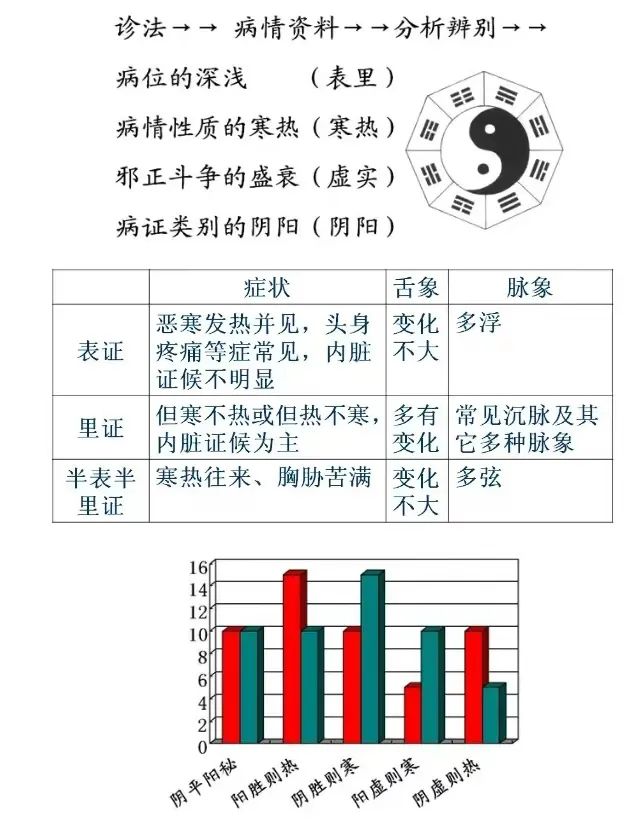
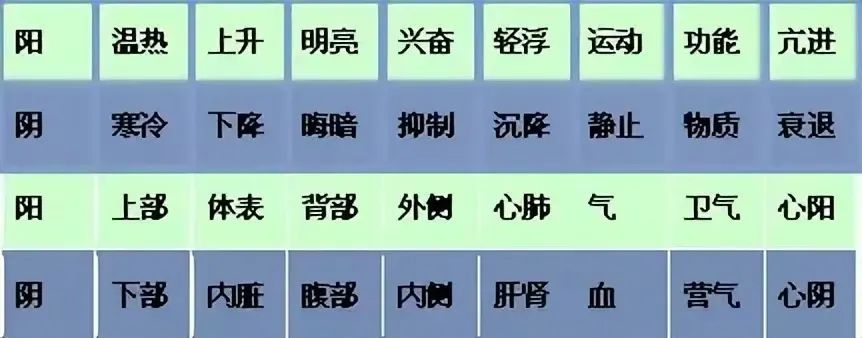
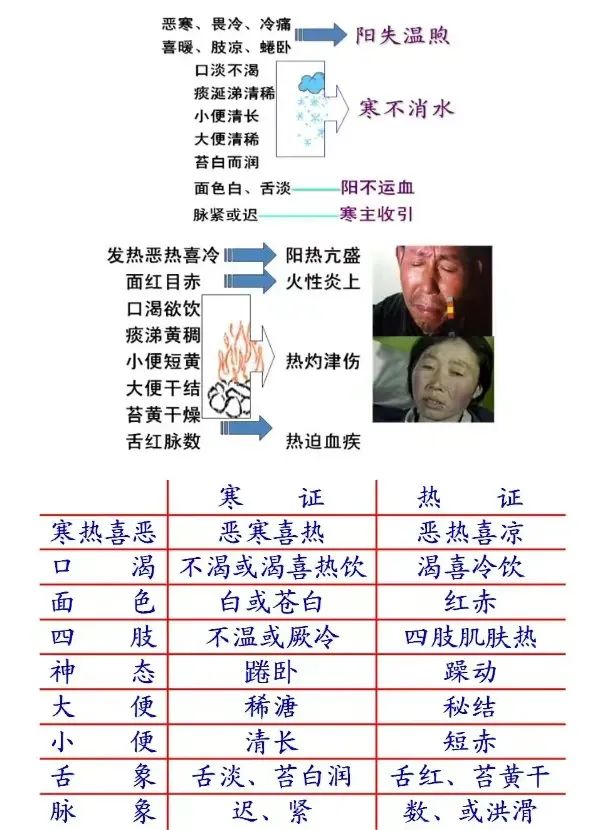
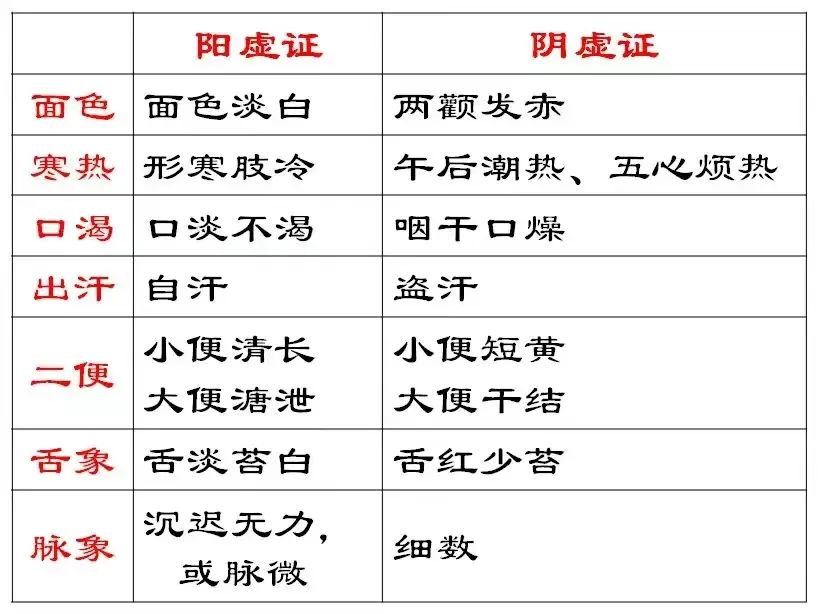
Deficiency and Excess Differentiation:
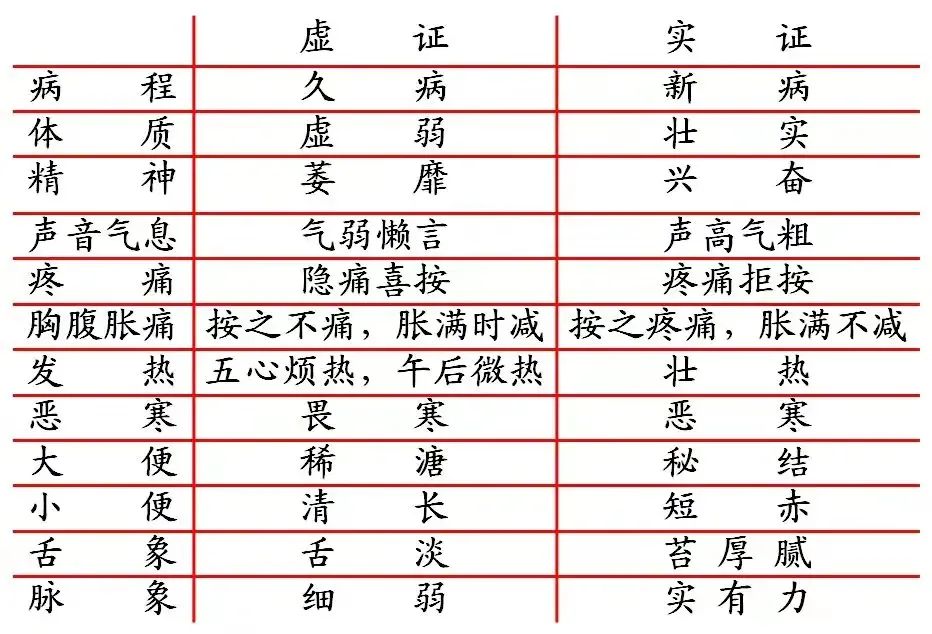
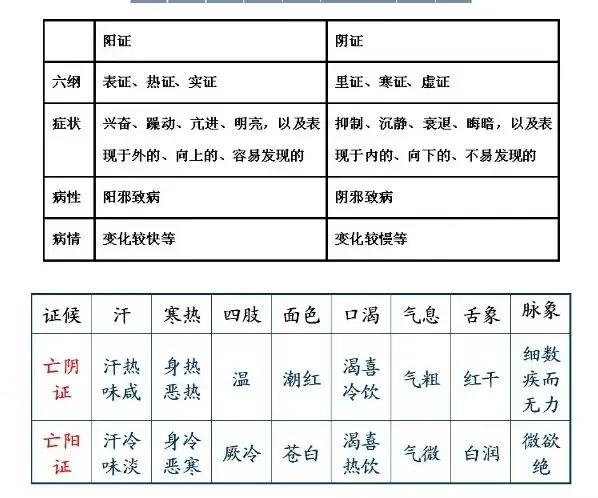
Qi, Blood, and Body Fluids:
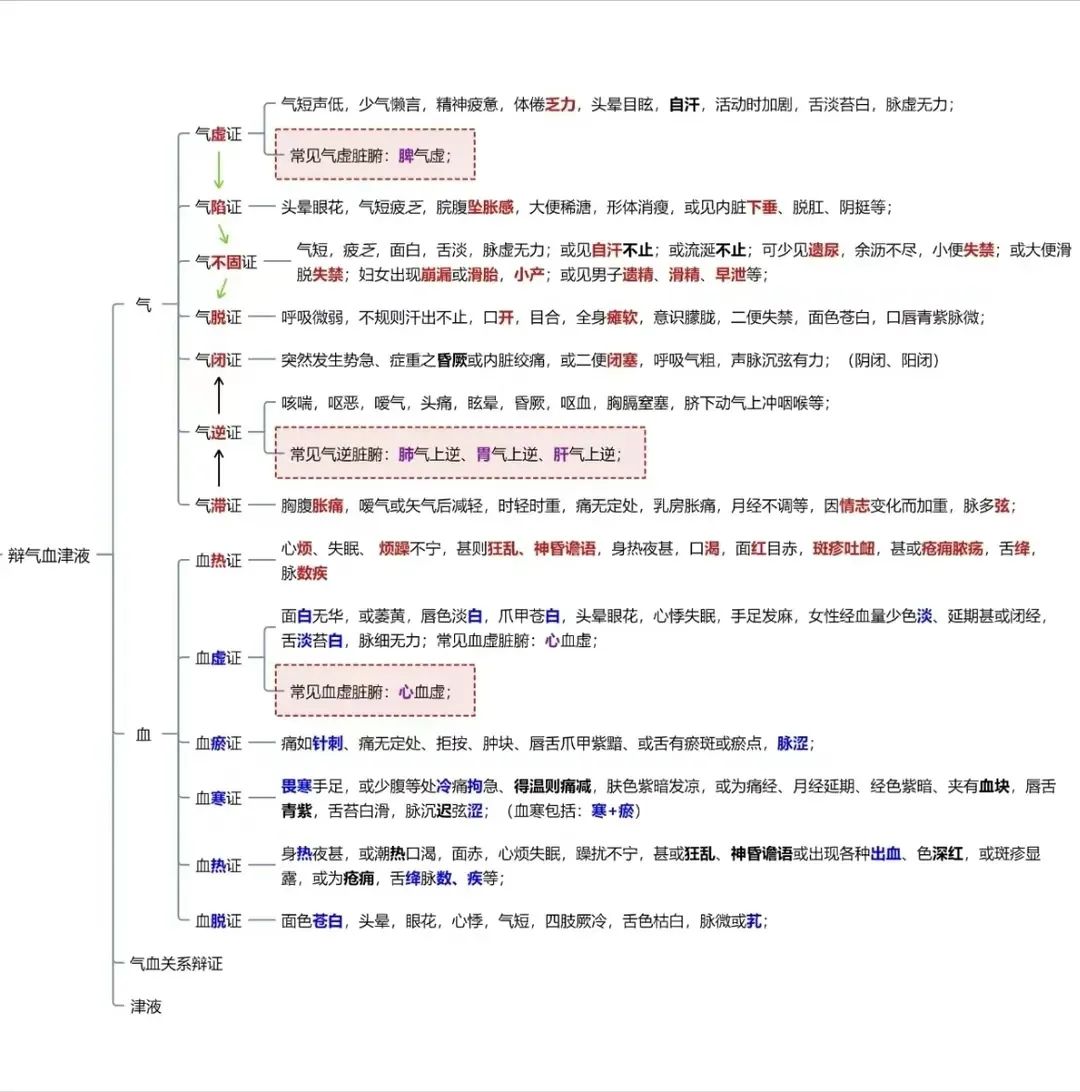
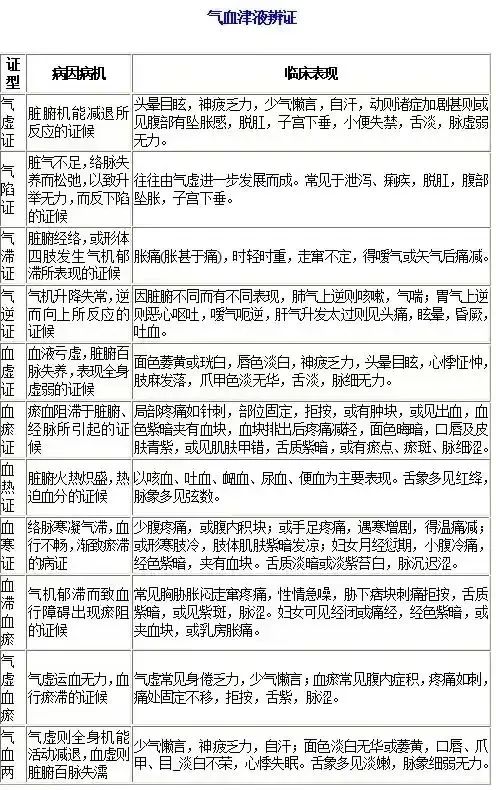
Quick Reference for Eight Principles Differentiation:
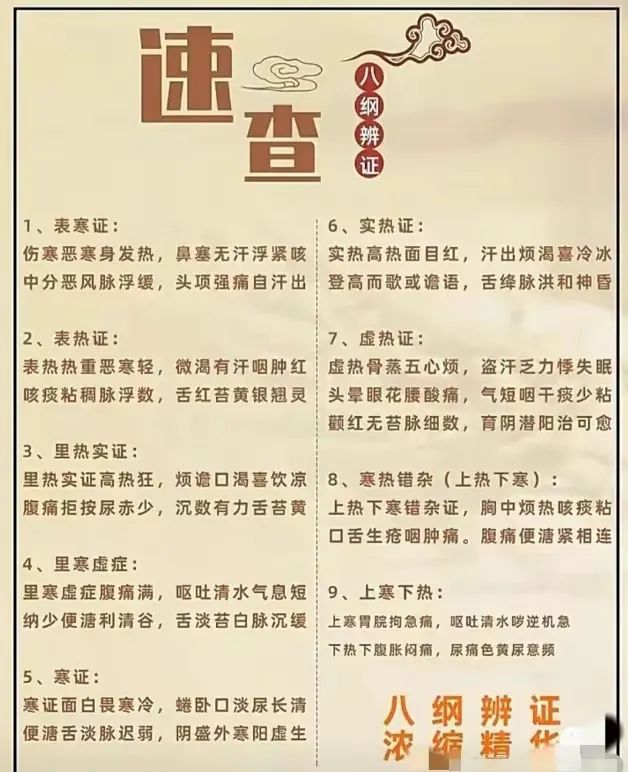
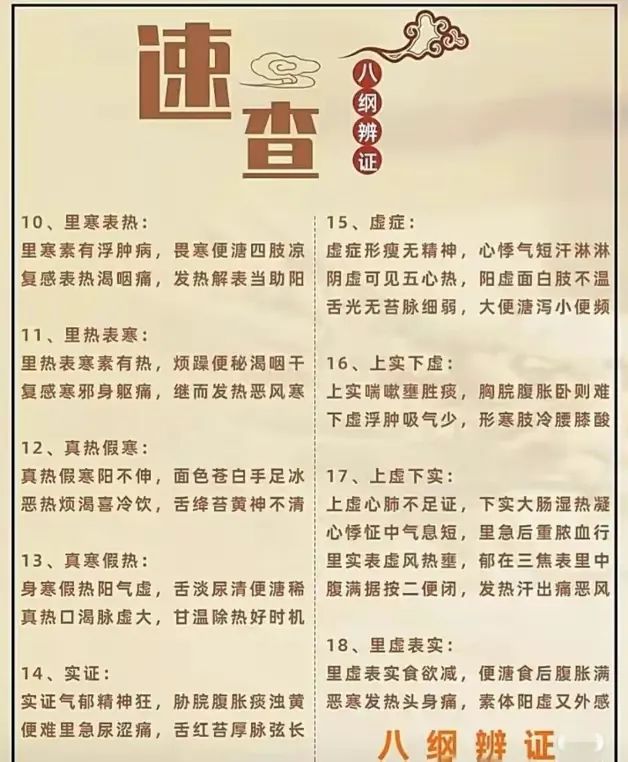
Specific Classification of Organ Differentiation:
